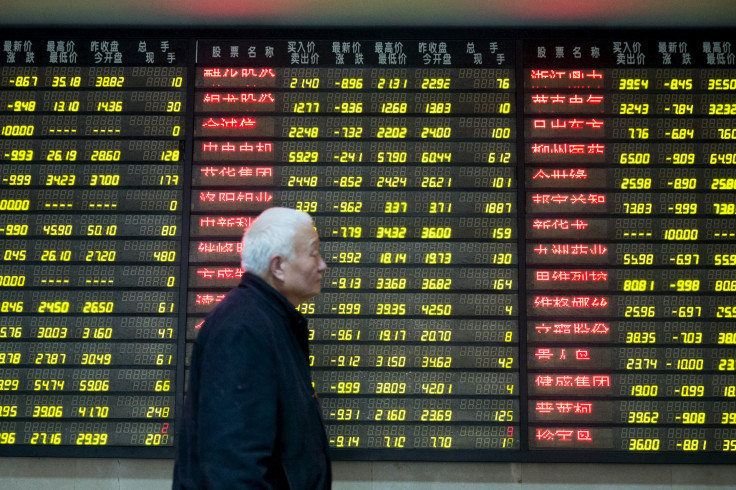Head Of China’s Statistics Bureau Under Investigation For Suspected Corruption

The head of China’s statistics bureau is being investigated for suspected corruption. On Tuesday, the Communist Party’s anti-corruption commission announced that the official, Wang Baoan, is “suspected of serious violations of discipline,” employing a phrase often used to describe corruption.
The probe likely casts further doubt on the veracity of Chinese economic data. Last year, China posted a growth rate of 6.9 percent — its worst in 25 years — but some suspect the country’s true rate is substantially lower, closer to half the officially announced amount. The investigation of Baoan, a former deputy finance minister who became the director of the National Bureau of Statistics last April, is likely to fuel those concerns.
It remains unclear, however, whether the statistics chief is being investigated for his current role or his former role at the finance ministry. The anti-corruption commission did not give any further details about its investigation.
The announcement came hours after Baoan sought to reassure investors and the general public about the health of the Chinese economy. In a press briefing, he brushed aside concerns over currency depreciation and stock market volatility, telling reporters that “the long-term fundamentals of the Chinese economy are improving,” according to the Financial Times.
Baoan is the latest high-profile public official to face questions over suspected corruption. Under President Xi Jinping’s crackdown, which began in late 2012, authorities have targeted military officials, former judges, ministry leaders and heads of state-owned companies. Last year, at least three officials at the country’s top financial regulator were detained.
Capital outflows from China are mounting, a development that reflects investor uncertainty about the state of the nation’s economy. Central bankers have spent hundreds of billions of dollars in foreign reserves as they seek to stave off depreciation of China’s currency, the renminbi. On Tuesday, Chinese stocks dropped to their lowest level in 13 months.
© Copyright IBTimes 2025. All rights reserved.






















